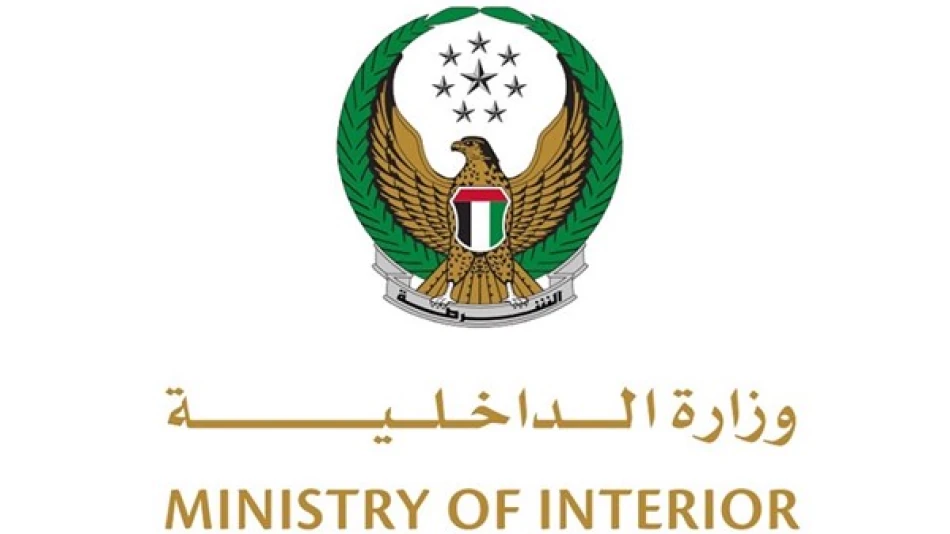
Important Travel Safety Tips from the Ministry of Interior
Saudi Arabia Launches "Summer Without Accidents" Campaign as Travel Season Intensifies
The Saudi Ministry of Interior has unveiled a comprehensive road safety initiative targeting the peak summer travel period, when millions of residents embark on domestic and cross-border journeys. The "Summer Without Accidents" campaign reflects growing government focus on reducing traffic fatalities during high-risk travel seasons, as the Kingdom continues its economic diversification efforts that include boosting domestic tourism.
Strategic Timing During Peak Travel Season
The campaign's launch coincides with Saudi Arabia's busiest travel period, when families traditionally take extended road trips to escape urban heat and explore the Kingdom's expanding tourism destinations. This timing is particularly significant as Saudi Arabia has invested heavily in developing domestic tourism infrastructure under Vision 2030, leading to increased road traffic during summer months.
The Ministry's emphasis on land travel safety comes as the government balances encouraging domestic tourism with managing the associated risks of increased road usage. Summer months typically see a spike in traffic accidents across the Gulf region, making preventive campaigns both economically and socially crucial.
Key Safety Directives for Drivers
Mandatory Rest Periods and Fatigue Management
The Ministry has placed particular emphasis on combating driver fatigue, mandating regular breaks during long journeys and immediate stops when drivers feel exhausted. This directive addresses one of the leading causes of highway accidents in desert regions, where long stretches of monotonous terrain can induce dangerous drowsiness.
Load Management and Vehicle Preparation
Authorities have specifically warned against vehicle overloading, a common issue during family travel seasons when cars are packed with luggage, supplies, and passengers. Overloaded vehicles pose significant risks on Saudi Arabia's high-speed highways, particularly in extreme summer temperatures that can exacerbate mechanical failures.
Regional Context and Economic Implications
Saudi Arabia's road safety push mirrors similar initiatives across the Gulf Cooperation Council, where governments increasingly recognize traffic safety as both a public health priority and economic necessity. The UAE and Qatar have implemented comparable seasonal safety campaigns, reflecting regional awareness of tourism-related traffic risks.
For the Saudi economy, road safety directly impacts the success of domestic tourism initiatives. High accident rates during peak travel seasons could undermine confidence in road travel, potentially affecting the Kingdom's broader tourism development goals and the economic benefits they're designed to generate.
Technology and Enforcement Integration
The campaign leverages social media platforms, particularly X (formerly Twitter), to disseminate safety messages directly to drivers. This digital approach represents a shift toward real-time safety communication, allowing authorities to provide immediate guidance during high-risk travel periods.
The initiative also signals potential integration with Saudi Arabia's expanding smart city technologies and traffic monitoring systems, which could eventually provide predictive safety interventions rather than reactive campaigns.
Long-term Safety Infrastructure Development
Beyond immediate safety messaging, the campaign reflects Saudi Arabia's broader infrastructure modernization efforts. As the Kingdom develops new tourism destinations and transportation corridors, establishing strong safety protocols becomes essential for sustainable growth in the travel sector.
The success of such campaigns will likely influence future transportation policy, particularly as Saudi Arabia continues expanding its domestic tourism capacity and regional connectivity projects under Vision 2030.
Most Viewed News

 Layla Al Mansoori
Layla Al Mansoori






